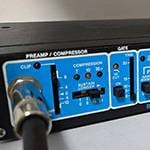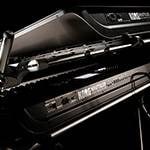Hello! I'm Joshua, always eager to talk about Western music.
For my 8th article, I would like to introduce an American rock band that’s been active from the 1960s all the way to the present–The Steve Miller Band (hereafter referred to as SMB).
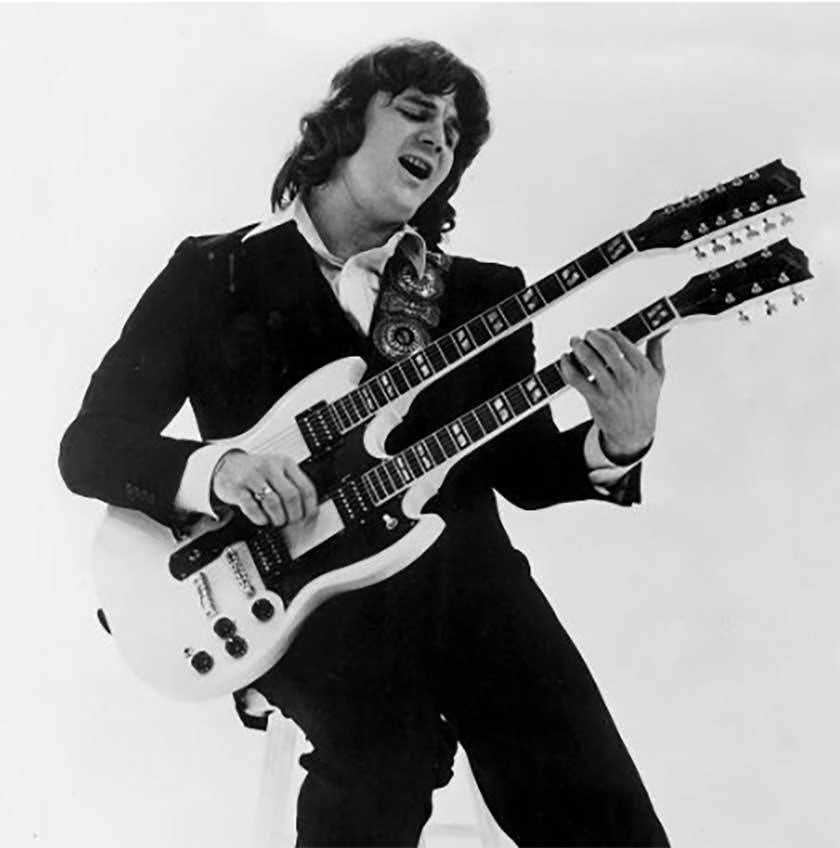
SMB formed in 1966 in San Francisco with guitarist and vocalist Steve Miller as the frontman. They released their debut album Children of the Future in 1968, produced by Glyn Johns. In their early years, the band leaned toward blues rock and psychedelic rock. Notably, Boz Scaggs (guitar, vocals), who later launched his own successful solo career, Ben Sidran (keyboards, vocals), and Ross Valory (bass), who would go on to join the band Journey, were all once members of SMB.
In 1973, with the release of “The Joker”, SMB shifted toward a simpler, more upbeat rock style. Thanks in part to the success of the title track as a hit single, the album became their first to reach No. 1 on the U.S. charts.
From the late 1970s to the early 1980s, the band leaned further into a catchy, radio-friendly direction, scoring a string of hit singles. The title track from Abracadabra (1982) became a global hit, though its repetitive synth riff and poppy tone also hinted at the band’s creative stagnation. After that, SMB’s activity slowed down.
However, Steve Miller continued at his own pace and started releasing works that returned to his blues roots and collaborated with old friends, including playing on Paul McCartney’s 1997 album Flaming Pie.
Until the COVID-19 pandemic began, SMB had been steadily performing live across the U.S.and were consistently drawing in crowds, and keeping their legacy alive.
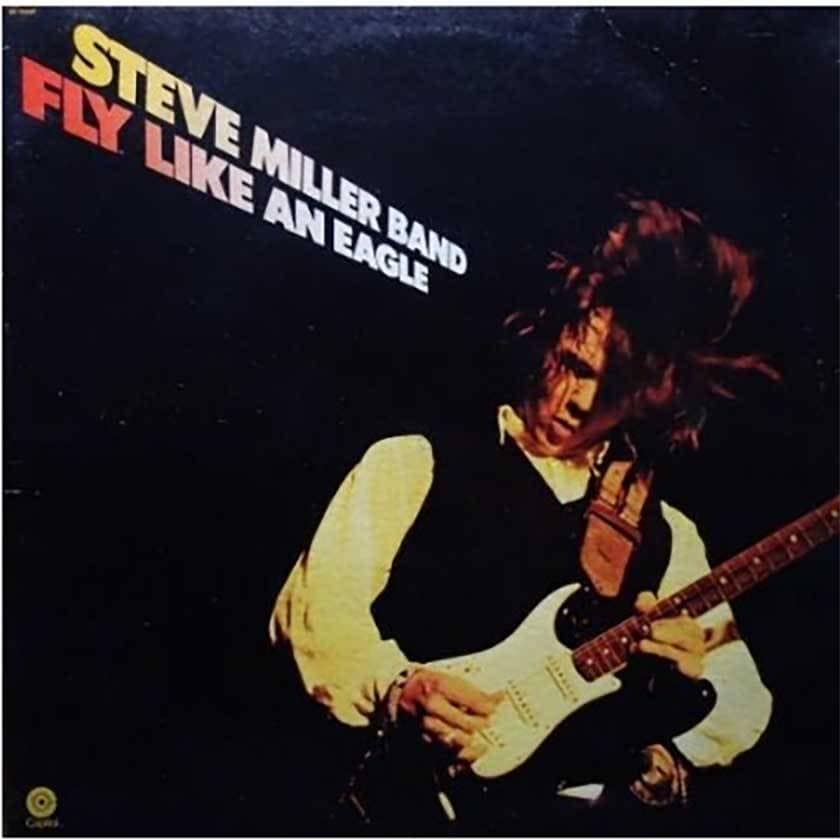
As someone who loves the Steve Miller Band enough to write a column about them, there’s still one thing I can’t quite figure out: what exactly makes SMB so appealing?
Steve Miller himself has never exactly had rock-star looks, back then and now, and his appearance has always been, well... kind of dorky. Sure, he grew up in a privileged musical environment, and is famously close to Les Paul (yes, the Les Paul, the guitar legend and namesake), so he had a solid head start. But honestly, his guitar playing isn’t anything that outstanding.
His singing? Kind of weak and floaty, with odd inflections that often sound downright off. If anything, it’s more on the unpolished side.
Yes, he has a good sense for catchy lyrics and riffs, but he also has a bad habit of recycling his own material. Case in point: the famous riff from his 1976 hit "Fly Like an Eagle" is actually a reworking of "My Dark Hour", a track he co-wrote with Paul McCartney in 1969.
To be fair, Steve has said that "My Dark Hour" evolved into a long jam during live performances, and that "Fly Like an Eagle" grew out of that extended improvisation. Still, it raises the question: with so many quirks and shortcomings, why does SMB’s music still resonate so much?
■ SMB “Fly Like An Eagle”
■ SMB “My Dark Hour”
And while I’m at it, many of SMB’s songs give off a strong sense of… let’s call it a tribute. That is, they often sound suspiciously familiar.
Take “The Joker”, for instance. Its riff is practically lifted from Allen Toussaint’s “Soul Sister” that was released just the year before—same rhythm in the same key. “Rock’n Me”? Feels like a repackaged version of Free’s “All Right Now”. And “Jet Airliner”? It closely mirrors Cream’s take on “Crossroads”.
The deeper you dig, the more skeletons you find in the closet. It’s as if Steve Miller built a whole career on riding the line between homage and outright borrowing.
■ SMB “The Joker”
■ Allen Toussaint “Soul Sister”
At this point, you might be wondering whether I’m praising SMB or criticizing them since I’ve made iti hard to tell. And yet, despite everything, I really do love the Steve Miller Band.
There’s nothing flashy about them, but Steve’s sense for songwriting and his knack for dropping just the right guitar phrase at just the right moment are genuinely excellent. A great example of his lyrical talent is their early single “Living in the U.S.A.” (1968). In the 1960s, as anti-Vietnam War sentiment grew across the U.S., Steve was drawn into the hippie movement and moved to San Francisco. In “Living in the U.S.A.”, he expresses the ambivalent feelings many Americans had at the time, which was,“Freedom is good. Politicians and TV should shut up. I believe in my country no matter my race, but it’s frustrating. Somebody help me. Somebody get me a cheeseburger.”
Of course, the “cheeseburger” here is symbolic of the universally beloved comfort food in the U.S., used to represent a basic, shared desire for something familiar and satisfying.
This kind of lightheartedness, relatability, and comfort is something that makes everyday Americans crack a smile, and it’s a big part of what makes SMB so beloved within the U.S., and perhaps it’s the reason why their appeal doesn’t always translate as strongly abroad.
This is a bit of a tangent, but it’s a well-known fact that including place names in lyrics can really fire up a concert crowd. A classic example is “Black Water” by The Doobie Brothers, which includes the line “Mississippi moon...” During live shows, they often swap out “Mississippi” for the name of the city they’re playing in—like “Tokyo moon” during shows in Japan—which always sends the audience into a frenzy.
A more recent example is John Mayer’s “Who Says,” which name-drops “Tokyo.” At his Japan shows, that moment instantly became a highlight for the crowd.
Steve Miller Band has a real knack for this kind of crowd-pleasing trick, and it’s a big reason why they resonate so well with American audiences. For instance, their 1976 hit “Rock’n Me”, which inspired the title of this very column, features a string of U.S. city names:
“I went from Phoenix, Arizona all the way to Tacoma,
Philadelphia, Atlanta, L.A.…
Northern California girls are warm...”
The song name-drops cities from coast to coast, and for many American listeners, that alone creates a strong sense of connection.
Now, imagine you're cruising down some long, empty highway in the middle of nowhere U.S.A., and “Rock’n Me” comes on the radio. The list of familiar cities, the easygoing melody—it all blends into this perfect soundtrack for the road. Before you know it, you’re grinning, tapping the steering wheel, and maybe pressing the gas pedal just a little harder than you mean to.
■ SMB “Rock’n Me”
The “sound & person” column is made up of contributions from you.
For details about contributing, click here.






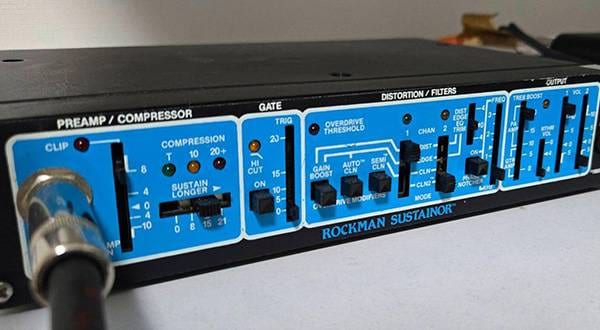
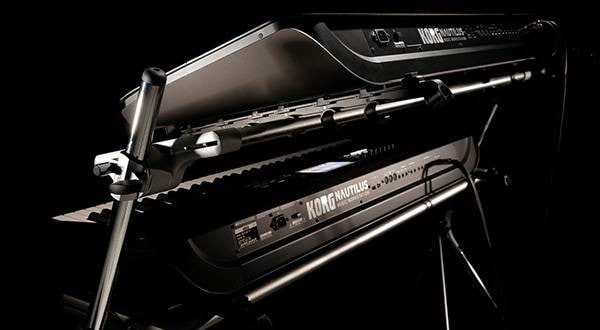

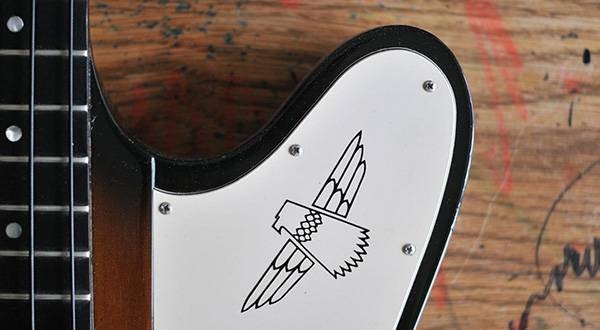

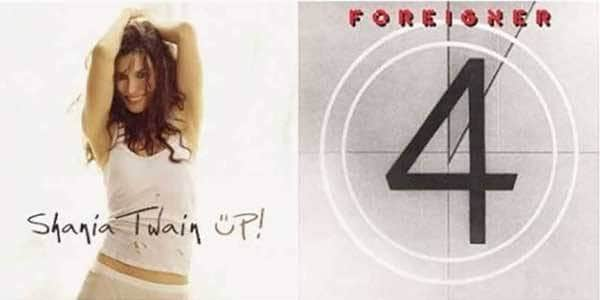
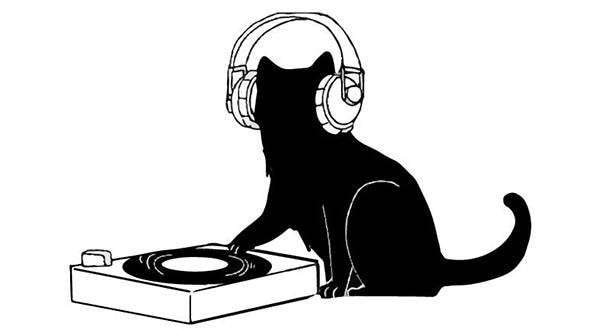
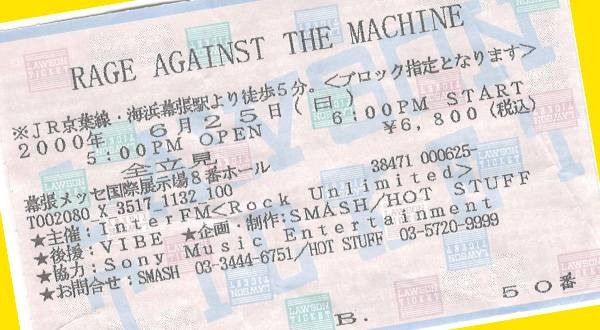
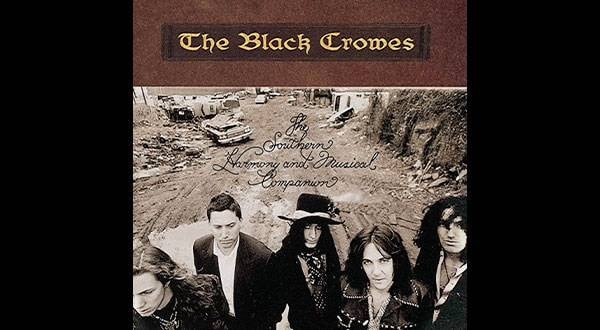
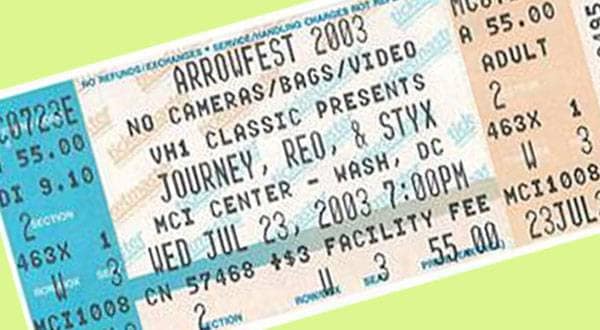

 超オススメのフレーズ道場 ギター
超オススメのフレーズ道場 ギター
 あなたのエフェクターボード見せてください
あなたのエフェクターボード見せてください
 ピックアップの種類(エレキギター)
ピックアップの種類(エレキギター)
 ギター演奏に必要なものは?
ギター演奏に必要なものは?
 ギター名人ラボ
ギター名人ラボ
